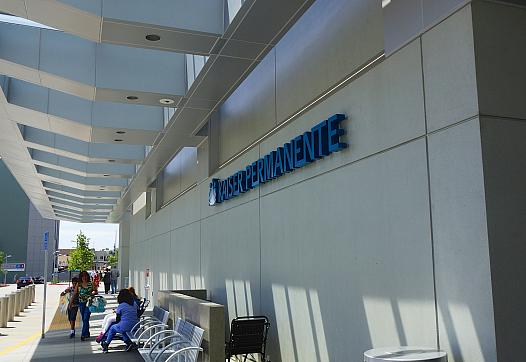
The rising prevalence of "narrow" health insurance networks has set off alarms. But do such networks keep patients from getting good care? Not necessarily. The more relevant question is whether a provider network is adequate or not.

The rising prevalence of "narrow" health insurance networks has set off alarms. But do such networks keep patients from getting good care? Not necessarily. The more relevant question is whether a provider network is adequate or not.

The infections that patients pick up inside hospitals can be debilitating and even deadly. Yet many hospitals fail to follow simple protocols, and access to information is limited. Here are five tips for reporting on hospital infections.
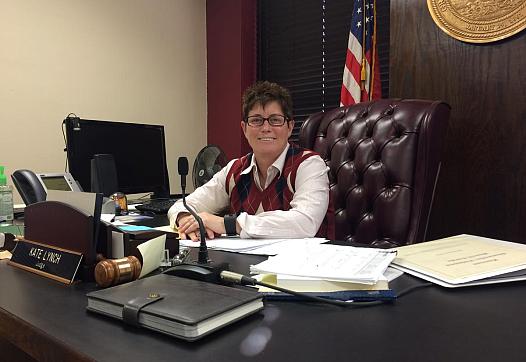
Walk into the courtroom of Wyandotte County District Judge Kathleen M. Lynch and you may be surprised to find lawyers who aren’t asked to stand up and a judge who prefers street dress to a judge’s robes.
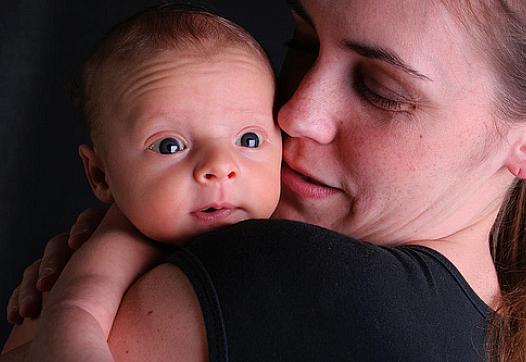
“The Raising of America” lays out the emerging science of early childhood, profiles families struggling to support their kids and make ends meet and argues for national policies that do more to support overstretched families with young children.
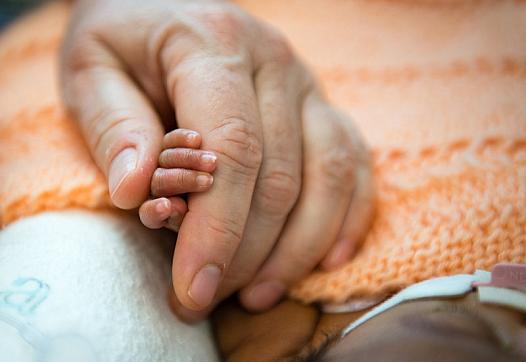
More and more, doctors like are looking to parents to help make difficult decisions on how much treatment to give babies born very sick and premature, as well as figuring out when it's time to let them go. There's now more emphasis on parents' values and preferences in such cases.
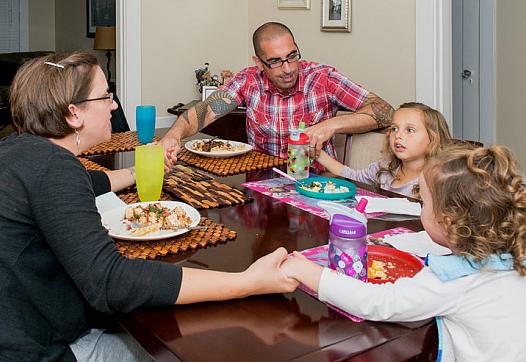
Anne and Omar Shamiyeh first learned something was wrong with one of their twins during an ultrasound, when Anne was 18 weeks pregnant. "The technician was, like, 'Well, there's no visualization of his stomach,'" Anne recounted. "And I was like, 'How does our baby have no stomach?'"
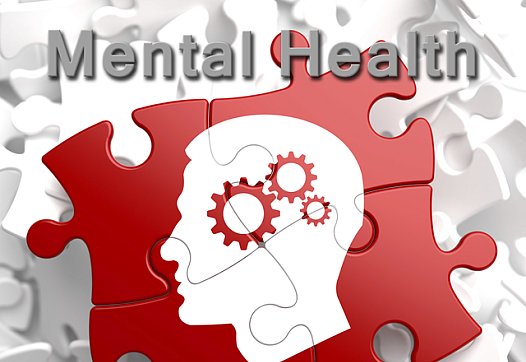
As part of its Fragments of Care series on mental illness, Redding's Record Searchlight asked various North State leaders and officials what they think needs to be done to improve mental health services in the area.

If anyone knows how mental illness can land someone in the criminal justice system, it’s Dianna Branch, the mother of a severely mentally ill adult son. She says his illness — and the drug use he believes eases his symptoms — has caused him to start fights, total seven cars and vandalize property.

“Out-of-network” means “bad idea.” Right? Yet many patients do willingly choose out-of-network doctors for medical care, whether it's for a complex surgery or for managing their diabetes. Going out-of-network isn't for everyone, but it can have benefits for those who make a fully informed choice.

As the law stands now, doctors on probation have to tell hospitals and insurance companies about the fact that they are on probation. But they don’t have to tell their patients. Consumer groups argue that should change and momentum is building in support of the idea.